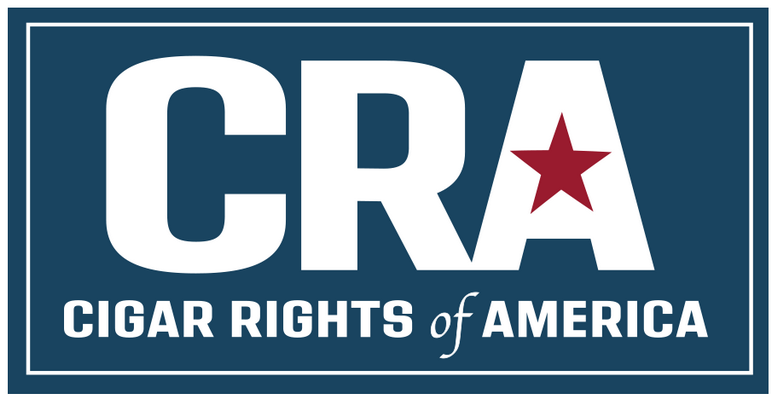In February, CRA reported on the introduction of sweeping flavor bans in Washington and Hawaii that were poised to do more harm than good and blurred the lines between mass-market flavored tobacco products and artisanal premium cigars. Unfortunately, the legislative tide has not abated; it has only gathered speed.
Since then, similar bills have surfaced in Texas, Oregon, and Indiana, and we expect more to come. And with them, the troubling pattern continues: vaguely written legislation, ostensibly aimed at curbing youth access to flavored tobacco, but functionally crafted in such a way that they risk banning products with no connection whatsoever to the public health concerns being cited.
This is not just bad policy—it’s a dangerous precedent. It is the triumph of performative regulation over evidence-based governance.
Misdiagnosing the Problem
Flavor bans are often promoted as necessary steps to protect kids from the appeal of sweet, fruit, or candy-flavored tobacco products. And in the context of mass-market, low-cost products, the concern is not without merit. That, however, is not for CRA to decide.
But premium cigars occupy an entirely different category. They are not flavored products with an aim to mimic bubble gum or blue raspberry flavoring. They are handcrafted products from whole-leaf tobacco and aged using traditional fermentation processes that produce natural tasting notes—earth, cocoa, cedar—not synthetic flavoring. Their average price point, method of sale, and adult consumer base put them far afield from the youth usage concerns these bills are meant to address.
Unfortunately, lawmakers continue to overlook these facts. When they fail to distinguish between products targeted at youth and those intended for responsible adult use, they create laws that may sound good in theory but end up harming industries that have no connection to the problem they’re trying to solve.
The Slippery Slope, Repaved
People often talk about the “slippery slope” when it comes to government overreach, and while that argument is sometimes dismissed, in this case, it’s very real. We’re already seeing it play out across the country—first with flavor bans and Nicotine-Free Generation policies. Next, it could be broad marketing restrictions. After that, extreme tax hikes that make premium cigars so expensive, it’s essentially a ban in disguise.
This continual trend is so concerning, because once the legislative architecture is built on imprecise language, there is no limiting principle. If cigar flavors can be banned because their descriptors include notes of “spice” or “cocoa,” what stops the same reasoning from being applied to wine, whiskey, or any number of adult products described with sensory nuance?
A Call for Rational Distinction
This is not a demand for deregulation. It is a plea for differentiation and exemption of premium cigars from these bills. When designing regulatory policies, it is important to distinguish between products engineered for addiction and high-volume consumption, and those crafted for occasional, adult enjoyment.
In economics, intentions don’t always yield expected outcomes. And in politics, the road to overregulation is often paved with bipartisan consensus and bad definitions that often miss the mark of its intentions.
Flavor bans written without precision threaten not just the cigar industry—they threaten the intellectual integrity of policymaking itself. In the pursuit of noble ends, we must not forget the importance of measured policy-making to preserve our freedoms.
